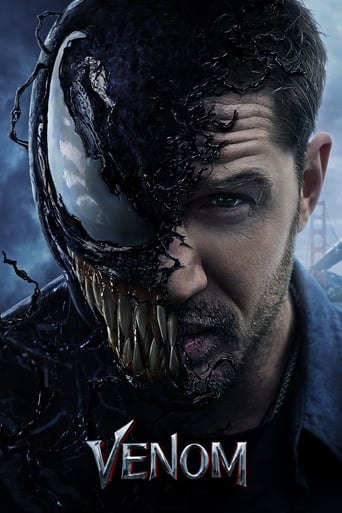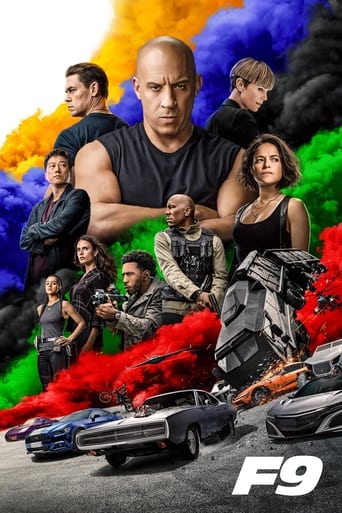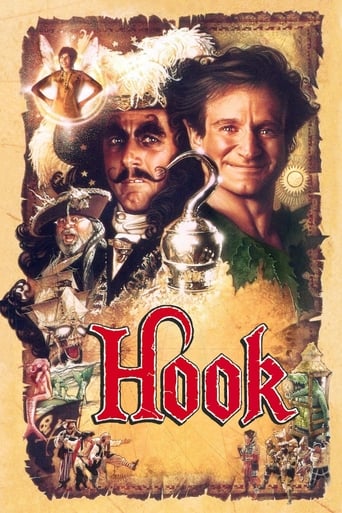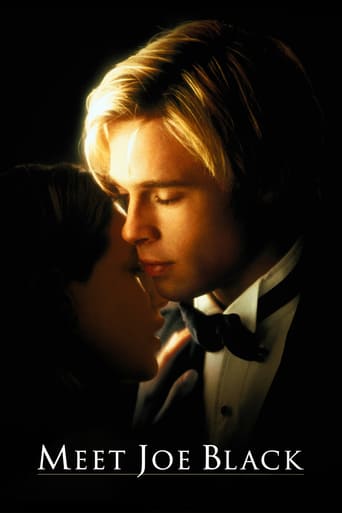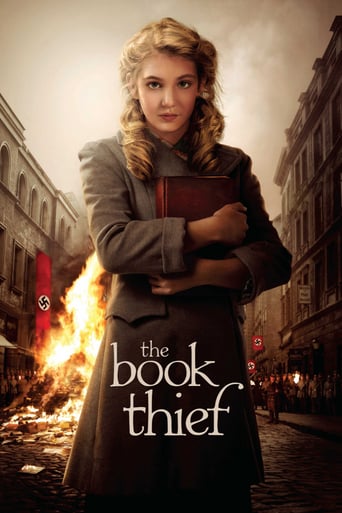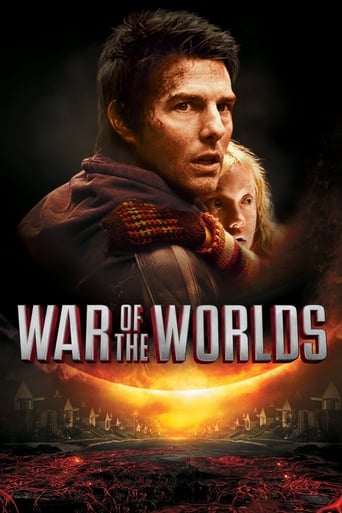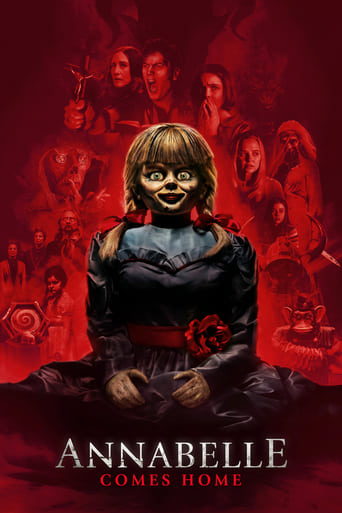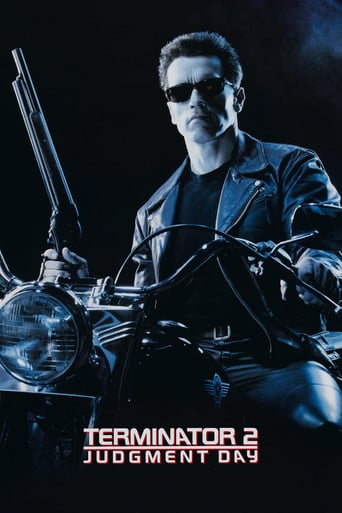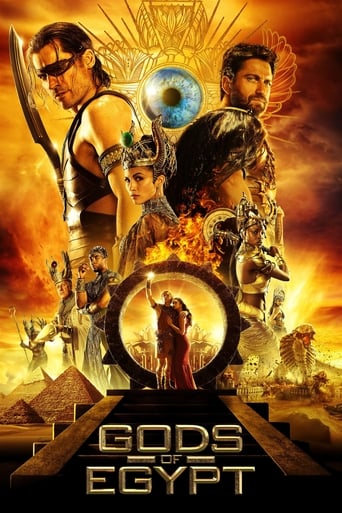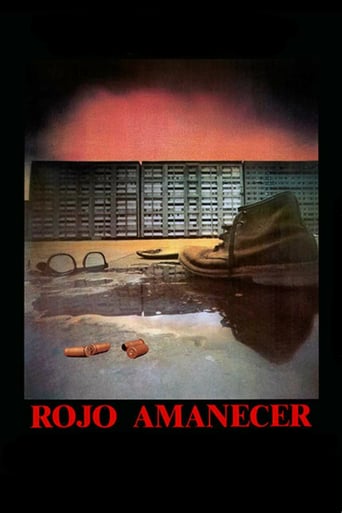


Red Dawn
On October 2, 1968, a student uprising descends into violence after the Mexican government begins to use lethal force against the protesters.
-
- Cast:
- María Rojo , Héctor Bonilla , Jorge Fegán , Bruno Bichir , Demián Bichir , Ademar Arau , Marta Aura


Reviews
Sorry, this movie sucks
Boring
In truth, there is barely enough story here to make a film.
This film is so real. It treats its characters with so much care and sensitivity.
When I saw the film as it was released in the theaters, I thought it was a superb film. More than a decade later, a part of such awe is gone. The plot? A middle-class family undergoes the violent events happened in Tlatelolco, Mexico City, in 1968.The sound recording and editing was most probably done by butchers. Clumsy ones. The firing sounds seem to be stolen from a Pink Panther cartoon episode. I suppose though that the budget was small, so I will not insist too much on it.There is nonetheless some VERY good acting in here, performed by Héctor Bonilla, María Rojo and Demián Bichir. My highlight performance happens when Bonilla angrily addresses his sons at the family table, after arriving from work. Sadly, most of the other actors perform poorly (Bruno Bichir, although decently acting,is decidedly overshadowed by his brother). The pamphlet girl's acting is wooden and many other actors seemed to have been simply borrowed from a student theatrical company. The cops (judiciales) are almost a caricature and -even though they can be brutal in real life- suffer from overacting.The scenery is flawless and honest. Lighting is OK, but nothing out of the ordinary. Some dialog lines are marvelously embellished and made "real" by Bonilla's and Rojo's delivery, although the dialog lines in general tend to sound kitschy, biased and overdone when dealing with political issues.Recommended to those who want to analyze the evolution of the recent Mexican cinema and to evil cops who are looking forward into improving their verbal intimidation techniques.
This film is about one of the darkest pages of Mexican history. After almost 6 months of political tension between a huge student movement and different political institutions, Mexican government decides to use the military forces against them just 10 days before the Olympic Games. The result was a man slaughter against dozens of students. Director Jorge Fons presents the sequence of that day, October the 2nd. At the beginning we can see the calendar noting precisely that day, during the morning. A preface for a catastrophe. Then the members of the family are showed: the father (Héctor Bonilla) who works for the government and knows that something could be wrong in the confusing political environment; the grandfather (excellent performance by Jorge Fegán), former military member, retired and against any kind of subversive acts and of course against the student movement. The two oldest sons (Bichir brothers, Demian and Bruno) actively involved in all the aspects of the student riots. The mother (excellent performed by one of the most important Mexican contemporary filming actress, María Rojo) who is in the middle of every particular conflict; she is the mediator between every character in her family and try to keep the harmony in the house. Then the youngest kids (brother and sister) who barely understand what is happening, but are circumstantially witnesses of all events. In a very interesting sequence, all members are sharing breakfast in a traditional Mexican way. The environment is full of details: Beatles music on the radio, Che Guevara's picture on the wall, conversations about the massive concentration planned for the afternoon, discussions about the potential dangerous results of the student's riots, ideology about the circumstances around the movement, etc. Everything is in place to better understand the upcoming events. Fons then prepare the scene with apparently meaningless sequences: A blackout, a missing call from the husband, death telephones, some armed persons at the roof of the building when grand father and grand son are playing with small soldiers, the youngest sister going to a friend's house to do her homework. During the first hour all the action took place in the little apartment with apparently no signs of action. In fact nothing happens outside the apartment, but the director creates an atmosphere of tension and doubt before the important event of the day. The apartment is located in the middle of the tragedy. Outside, some other buildings creates an open square (named "Plaza de las tres culturas") and precisely there, the massive concentration of students is scheduled to start at 5 PM. The grandfather comments with his daughter about the military presence and the snipers at the roof of each building. Why? She asks. The answer is very simple: because they are prepared for something big. Then the massive meeting begins. In the apartment the little boy is doing his homework, the mother is sewing and the grand father is fixing an old watch, but we can clearly hear the speech, there is a lot of people outside. Everything is in calm, a disturbing calm. Then, the inevitable. Red lights on the sky and a lot of gun shots. The mother lean out of the window and start screaming: They are killing them!!! They are killing them!!! The second part of the movie begins, the sons arrived with four other students, one of them is wounded (Eduardo Palomo) and is bleeding badly. Outside the gun shots can be heard briefly but consistently, as well as the screams and the shouts. The grand father decides to pick up his grand daughter and we can see a sequence with military people hitting students and a lot of blood in the corridor. The students, safe at home start to talk about what happened down stairs, disturbing stories. Apparently the soldiers opened fire with no real reason, killing a lot of people, not only students but small children, civilians even senior citizens. The father finally arrives after midnight and tells the family about military trucks transporting dead bodies and naked people arrested and severely wounded. Then turned on the TV to see the news and the official version is that the military squads were being supported the police forces in order to calm down some urban fighting between students. Incredible, but media is controlled by the government, someone commented. Everyone goes to sleep and seems like the end of the movie is near, but some knockings at the door interrupt the peace and quiet at the apartment. Some voices claiming to open the door. Armed people, a lot of bad words. A tragic ending if you can figure out and the last scene is disturbing, the little boy is the only survivor and start walking outside the apartment seeing all the members of his family murdered. When he is in the square the last shot presented some military members cleaning up the mess. 10 days, just ten days after that episode, the Mexican President leaded the events for the Olympic Games opening. The film is very good, with strong acting performances and a solid screenplay (written by Guadalupe Ortega and Xavier Robles). The picture received 9 Ariel awards (oscar equivalent for Mexican pictures) including the golden Ariel for best picture, best directing for Fons, acting awards for María Rojo, Héctor Bonilla and Jorge Fegán and two awards for Ortega and Robles for screenplay and original story. Fons besides received a special jury award during the 1990 San Sebastian film festival where the film was nominated for the golden seashell. One more detail: Che Guevara picture on the oldest brothers room's wall is the classic photograph took by Korda and by that time (1968) was used as an icon for the student movement. Because of that picture, military people had an excuse to start looking for "subversive propaganda" and finally discover the hidden students and killed the whole family. A must see movie and obligated for Mexican citizens.
What makes this movie so disturbing as well as impressive, is that it chooses to avoid graphic displays and focuses on the psychological perspective a bit more. This movie demonstrates the effects that took place during the student movement in Mexico city during 1968. A movement that cost the lives of many innocent young people who were trying to gain their rights and fight for what they believed in opposition to the government. Don't expect to see any action packed scenes, any million dollar blowing up scenes, or gore/blood shots in every frame. The setting takes place inside a home, a home with an everyday family that unexpectedly becomes involved with the students and are forced to chose the right way or the human way. The suspense is quite nerve wrecking, although the setting only takes place inside an apartment, it builds up in such a way that you can understand what is going without ever even witnessing the outside. The ending may not be a "complete surprise", maybe it will deceive a bit, but it pays homage to that moment in time and it's not a disappointment in the least. An excellent film that displays the struggles from the different fighting sides, the good and the bad, and the consequences that such actions were capable of.
Jorge Fons is one of the best movie directors in Mexico. His filmography is full of excellent stories, like "Caridad" y "El Callejón de los Milagros". But, in this case, the story touches every mexican person. This film was made underground, at a moment when democratic aperture in Mexico was only a dream. Everyone involved in it took a high risk, and won. Tha actors and producers made an excellent work. "Rojo Amanecer" is one of the reasons why we are proud of our weak film industry.


